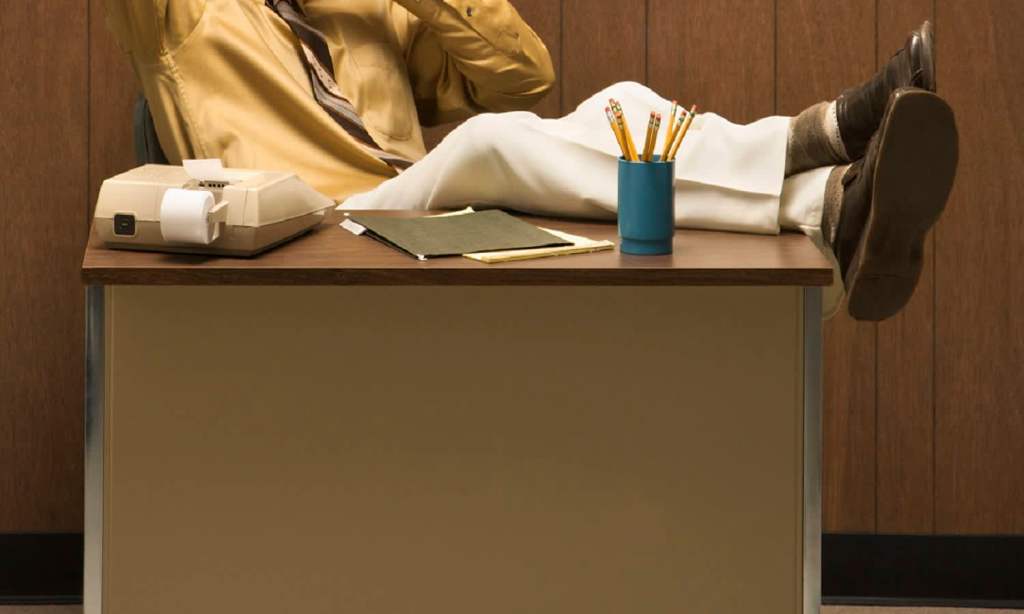Allegations continue to pour out of Canberra regarding the “toxic work environment” that persists in Parliament House, which allegedly fosters a culture where sexual assault and harassment are commonplace.
As it stands, two cabinet ministers have withdrawn from public duties following the allegations made by Brittany Higgins and another historic rape allegation from 1988.
While the government continues to be rocked by these claims, the national conversation is bending toward reckoning and reflection with Chanel Contos’ petition on private school consent education still gaining support and signatures.
The aspects of our society and the way we raise our children that creates this continuity between playground inappropriateness through to high school assault and beyond into adulthood and the workplace are being brought into sharp question.
Workplaces are where we spend the majority of our time — at least we did pre-COVID — and will continue to be for the foreseeable future. These are places were stress, poor management, and toxic cultures can manifest themselves in difficult and traumatic circumstances.
We spoke to the experts at 1800RESPECT, who have given us the rundown on the best ways to identify and deal with toxic workplace environments, that we hope you won’t, but might, find yourself in.
What Defines Sexual Harassment?
Knowledge is power and being able to name and describe experiences you may be having is the first step to being able to correct them. So, sexual harassment in the workplace is, first and foremost, an abuse of power.
It is “an unwanted or unwelcome behaviour of a sexual nature that leaves a person feeling offended, intimidated or uncomfortable”.
It is not consensual and is not limited to but can include:
- Unwanted and persistent invitations to go out on a date, or requests for sexual intercourse
- Emailing/texting pornography
- Inappropriate or unwanted familiarity
- Intrusive comments or questions about a person’s private life or body
- Lewd, sexual, and suggestive comments, or “jokes”.
What Can You Do About It?
First up, no one ever deserves, or asks, to be sexually harassed. Everyone has the right to work and live in an environment free from harassment, bullying, discrimination and violence. Above all, you should always remember that sexual harassment is illegal and that there is always support and help available.
There are a number of avenues you can pursue:
- When the person is ready, we suggest they speak with someone they feel safe and comfortable with. Someone of their own choice, which may include your human resources area.
- A person can contact 1800RESPECT to talk to our counsellors about what they’re experiencing, and about appropriate referral pathways.
What Happens Next?
No two experiences are the same. Harassment and assault take a psychological, emotional and physical toll and can have detrimental consequences on the careers and personal lives of those affected, as well as their families and those close to them.
People impacted by sexual harassment and assault can feel like they don’t have anybody who would listen to them. They can feel lonely and isolated, or dependent on their abusers.
There is often a fear that they won’t be believed and often there is also a power imbalance, where the perpetrator is in a position of power.
People reporting workplace sexual harassment often fear that it will impact their career trajectory, their reputation, and their income.
However, the law is on the side of the accuser so getting good support is essential. It never hurts to speak with a lawyer if a case is not being handled in a way that you would like it to be.
How Do We Change the Culture?
It’s a task that we’re all pondering right now. As tough as the challenges seem, we can acknowledge the strides that have been taken over the past decades. Within our lifetimes, homophobia has decreased dramatically throughout society, gender equality continues to be enshrined in law, and our social understanding of the rights and experiences of people of colour, trans people, and other, often marginalised groups, has grown enormously.
Still, it will take “a community response to create transformational societal change”.
“Sexual harassment and assault can be a reflection or symptom of gender power dynamics and inequality. Workplace and schoolyard cultures should never normalise, tolerate or excuse disrespectful behaviour.
“If you witness disrespectful behaviour, call it out then and there. Standing up and speaking out helps promote respect.
“If you are a parent or carer, you must role-model respect. It’s the best way to teach children about respectful relationships.
“Everyone needs to play their part – individuals, workplaces, government, schools, men and women. We can do it, and we will.”
If you need to speak to someone about any of the issues brought up here, give lifeline a call on 13 11 14. Someone will be there to pick up the phone, 24/7.
If you need to speak with someone about harrassment, abuse, or violence, call 1800RESPECT.
Read more stories from The Latch and subscribe to our email newsletter.







